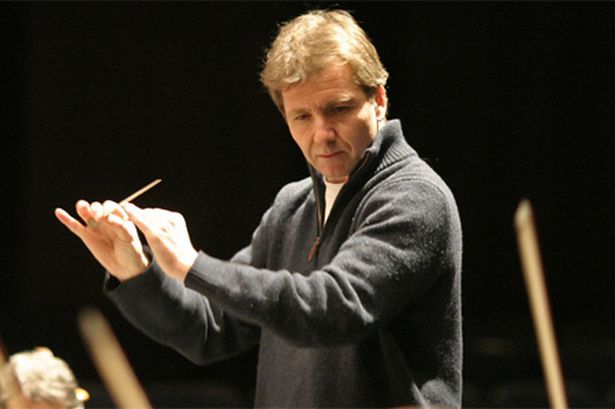Royal Philharmonic names replacement for Charles Dutoit
mainThe RPO has called in Thierry Fischer, music director of the Utah Symphony, to conduct its January US tour.
The short tour is mostly West Coast.


The RPO has called in Thierry Fischer, music director of the Utah Symphony, to conduct its January US tour.
The short tour is mostly West Coast.

We understand that David Chan, concertmaster of the…

A Virginia guitarist and composer, Yasmin Williams, reached…

An appeal has been raised for the widow…

The German violinist Eckart Lorentzen brought the Isael…

Session expired
Please log in again. The login page will open in a new tab. After logging in you can close it and return to this page.
Comments